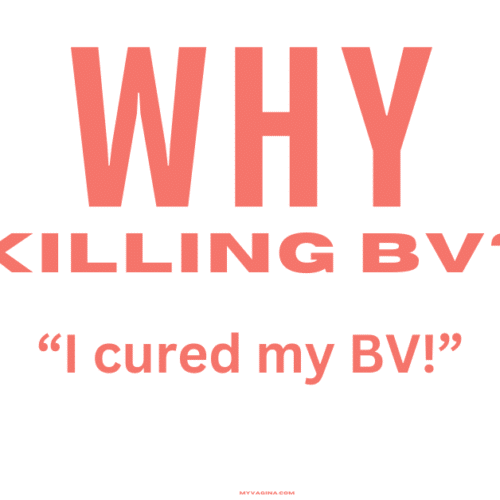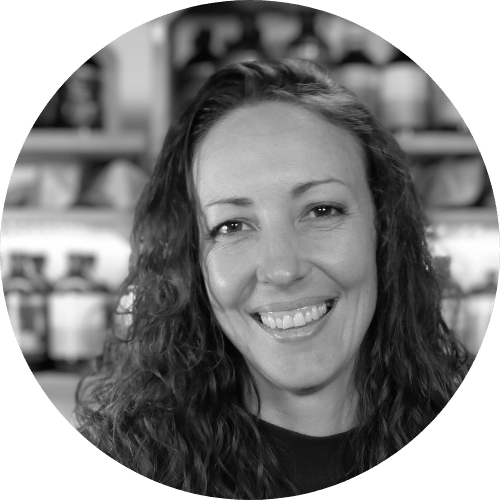Understanding cissexism – are you a cissexist?
Cissexism is a cis person, someone who identifies as the gender and sex they were born with, who behaves in a way that is unaccepting or unaware of the differences that exist between sexes and gender, and the issues that go with this. This means being thoughtless or unkind to those whose sex and/or gender are not binary. That is, not a one or a zero, not strictly a ‘boy’ or a ‘girl’.
How we define a baby’s sex is sometimes complicated, because there are a mixture of things that can interrupt the development of a straightforward boy or girl, resulting in many human variances.
Things we need to know about chromosomes, sex and gender
- Sperm determines the sex of a baby, so your genetic sex (that is, your XX or XYs) was already decided when the egg and sperm meet. It is not determined as the baby grows.
- Gender identity is different from sex, and you can identify as any gender you like, or no gender. You can decide this – and change your mind if you want.
- Genitals do not determine what sex you are and do not define what gender you identify as. This is because there are several hiccups – including things we don’t know anything about – that can change the way genitals develop, including giving boys vaginas and girls penises.
These are called Differences (or Disorders) of Sexual Differentiation (DSD).
Understanding cissexism
Cissexism typically occurs when we believe that only ‘boys’ and only ‘girls’ exist in the world. Imagine if you were the one born with a different body or mind than what everyone saw and expected?
You don’t want to be shunned and humiliated and left out just because of that. That’s what cissexism looks like. Cissexism is simply being ignorant (or mean) because someone doesn’t fit into the model you think they should.
Common ways to be cissexist
Being ignorant about our XX and XY chromosomes, and how they can not mean what they say on the packet. Mostly, we can say we think we know what XX and XY means: humans with genitals and identities that match their chromosomes. But, there are a lot of exceptions to this rule and there is plenty we don’t know.
‘Biology’ isn’t as straightforward as we like to think, with lots of people in our communities, across the globe, having different varieties of genitals, gender identities, preferences, and chromosomes. It’s best to not assume.
Some classic cissexism includes:
- Only offering Male or Female tick box options
- Putting Male and Female signs on toilet doors
- Having extra hoops to jump through before being allowed certain surgeries (breast implants, penis enlargement, vaginoplasty, etc.)
- Making assumptions about gender identity and the desire for surgical changes or physical transitions
- Asking if a child is a boy or a girl
- Guessing out loud to a child what they ‘are’ (‘boy’ or ‘girl’) before they tell you
- Using genitals in sex education
- Ignoring the fact that trans men may still have a fully-functioning vagina and reproductive system
- Forgetting that marriage equality is for all people, not just gay people
- A birth name is not the same as, nor superior to, a chosen name
- Making clothes that only fit certain body types
There is a lot going on right now in terms of how we are learning to speak to and treat each other, taking into consideration that not everyone fits into the status quo. Just a few things to keep in mind for your fellow humans!





